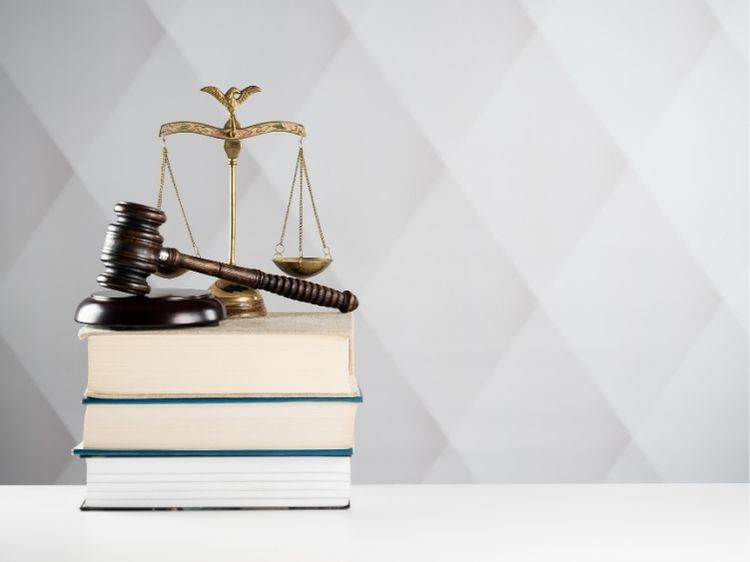Ever bought a product, only to find that it caused harm or injury? It’s a situation no one wants to be in, yet it happens more often than you might think. When a product doesn’t perform as expected, or worse, causes damage, you might find yourself considering a product liability claim. But what exactly does that entail? How do you go about filing such a claim, and what should you expect during the process? Buckle up, because we’re diving deep into everything you need to know about product liability claims.
What is a Product Liability Claim?
A product liability claim arises when a consumer is harmed by a defective product. These claims hold manufacturers, distributors, suppliers, and retailers accountable for releasing unsafe products into the market. The primary goal? To ensure that those responsible for the defect are held liable for any injuries or damages caused.
Types of Product Liability Claims
When discussing product liability, it’s essential to understand the different types of claims that can be made. There are three main categories:
- Manufacturing Defects: These occur when a product is flawed due to a mistake during the production process. Imagine a car with a brake pad that wasn’t installed correctly—scary, right?
- Design Defects: This type of defect is inherent in the product design itself, making the entire line of products dangerous. Think of a phone that tends to overheat and explode due to its design. Yikes!
- Failure to Warn (Marketing Defects): Here, the product may not have adequate warnings or instructions, leading to misuse. Ever seen a warning label that made you wonder, “Why do they even need to say that?” It’s because someone likely got hurt and filed a claim!
How to File a Product Liability Claim
Filing a product liability claim isn’t something you do every day, so it’s crucial to understand the steps involved. Let’s break it down:
- Seek Medical Attention: Your health is your top priority. If you’ve been injured, get medical help immediately. Not only is this essential for your well-being, but your medical records will also be vital evidence in your claim.
- Preserve the Evidence: Keep the product that caused the injury, and don’t alter it in any way. Also, document the scene, take photos, and keep receipts or any related documentation. This evidence will be the cornerstone of your case.
- Consult with an Attorney: Product liability claims can be complex, and having an expert by your side is invaluable. An attorney specializing in product liability will guide you through the legal maze.
- File the Claim: Your attorney will help you file the claim against the responsible parties. This may include the manufacturer, retailer, or even the distributor.
- Negotiate or Litigate: Often, these cases are settled out of court. However, if a fair settlement isn’t reached, your attorney may advise taking the case to trial.
Common Challenges in Product Liability Claims
Like any legal process, product liability claims come with their own set of challenges. Here are some common hurdles:
- Proving the Defect: It’s not enough to show that you were injured by a product. You need to prove that the product was defective and that the defect directly caused your injury.
- Determining Liability: In some cases, multiple parties may be liable, which can complicate the claim. For instance, if a car part fails, is the manufacturer or the part supplier to blame?
- Statute of Limitations: Time is of the essence! Each state has its own statute of limitations for filing a product liability claim, so it’s crucial to act quickly.
FAQs
Q: What compensation can I receive from a product liability claim?
A: Compensation varies depending on the severity of the injury and the impact on your life. Typically, you can claim for medical expenses, lost wages, pain and suffering, and sometimes punitive damages.
Q: Do I need to prove that I was using the product correctly?
A: Yes, you’ll need to demonstrate that you were using the product as intended or as a reasonable person would. Misuse of the product can weaken your claim.
Q: Can I file a claim if the product was recalled?
A: Absolutely! A recall does not absolve the manufacturer of liability. In fact, a recall can sometimes strengthen your case by proving the product was indeed dangerous.
Q: What if the product was old or used?
A: Even if a product is old or second-hand, you might still have a case, especially if the defect was inherent and not caused by wear and tear.
Conclusion
A product liability claim can be your lifeline when a defective product disrupts your life. Knowing your rights, understanding the process, and having a trusted attorney by your side are crucial steps to securing the compensation you deserve. Don’t let a faulty product go unchallenged—stand up for your rights and hold those responsible accountable.



